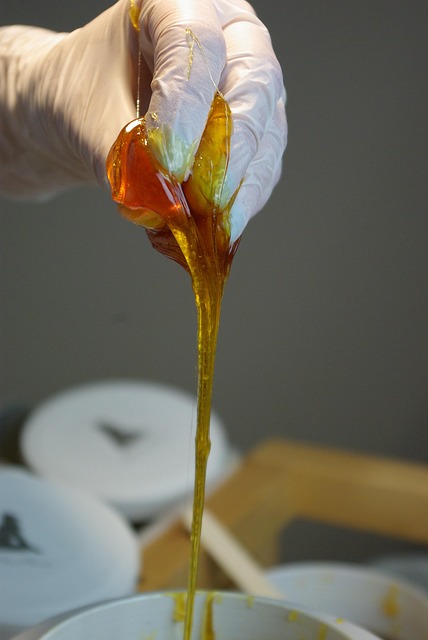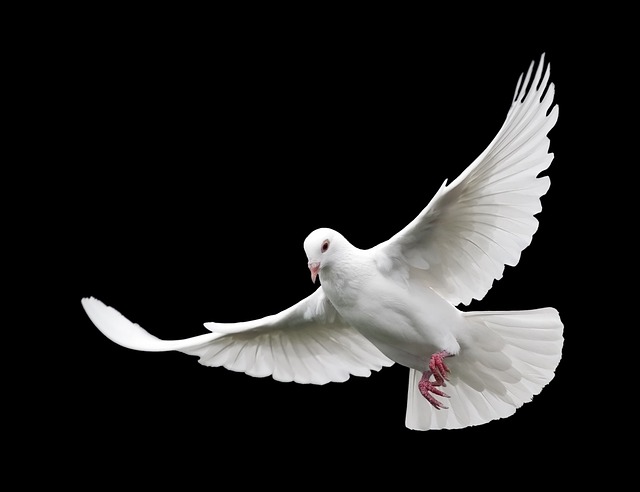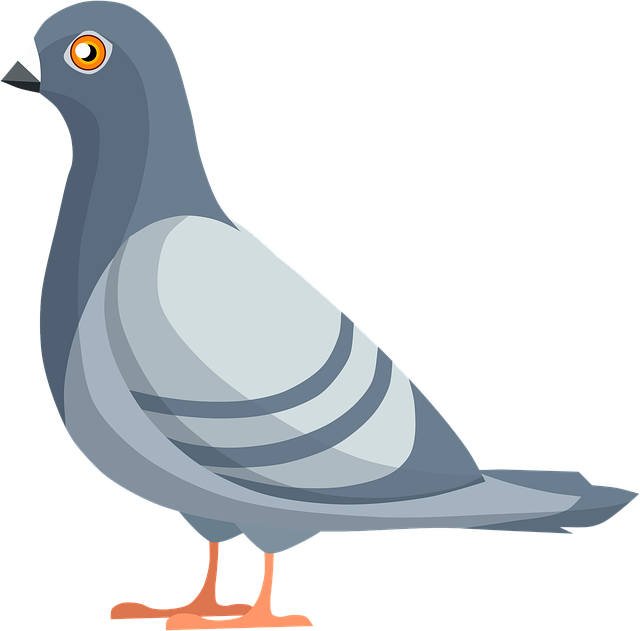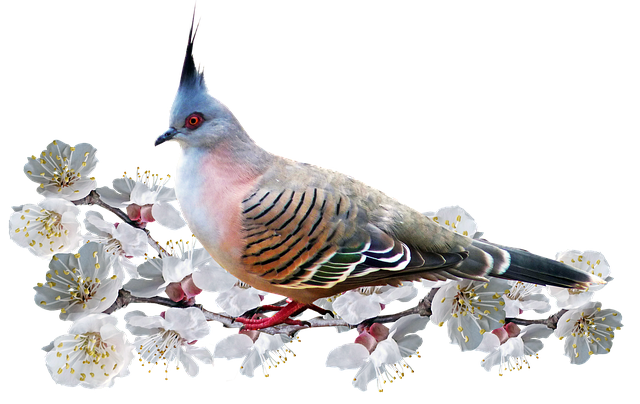Woodpeckers, common urban visitors known for their drilling sounds and striking patterns, feed on insects under tree bark, creating holes for nesting. Male woodpeckers become active during breeding seasons, marking and defending territories in residential areas. Their drumming may indicate structural damage or insect infestations, requiring a professional bird removal service for humane solutions like deterrents, repellents, repairs, and pest control to prevent reoccurrence. Property owners can fortify their spaces by sealing entry points, trimming trees, and using bird netting to discourage woodpeckers from returning.
Tired of pecking problems? Woodpeckers, with their insatiable appetite for insects and tree sap, can turn your home or property into a noisy, destructive mess. Understanding these feisty fliers is the first step towards effective woodpecker control.
This guide explores everything from non-lethal deterrents to professional services, offering practical solutions to expel unwelcome woodpeckers and protect your space. Learn how to prevent future invasions and enjoy a peck-free haven. Discover the best bird removal service options tailored for these persistent visitors.
- Understanding Woodpecker Behavior and Why They Invade Your Space
- Non-Lethal Methods for Bird Removal and Deterrence
- The Role of Professional Bird Control Services
- Preventive Measures to Keep Woodpeckers at Bay Post-Removal
Understanding Woodpecker Behavior and Why They Invade Your Space

Woodpeckers, with their distinctive drilling noises and black-and-white plumage, are a common sight in many urban areas. Understanding their behavior is key to effective woodpecker control services. These birds are known for their insatiable appetite for insects, particularly those found under tree bark. They use their strong beaks to chip away at wood, creating holes not just for food but also as nesting sites. During the breeding season, male woodpeckers establish and defend territories, which can include your yard or even house. Their constant drumming can be a nuisance, but it’s often a sign of a deeper issue—they may be attracted by structural damage or the presence of insects infesting trees or buildings.
While they might seem harmless, repeated invasions from woodpeckers could indicate a larger problem that requires professional intervention from a bird removal service. These experts can assess the situation and implement humane solutions to deter the birds without causing them harm. By addressing the root cause—be it structural repairs, insect control, or removing potential nesting sites—you can effectively manage woodpecker visits and enjoy your outdoor space in peace.
Non-Lethal Methods for Bird Removal and Deterrence

Many homeowners and businesses prefer non-lethal methods for woodpecker control, especially in urban areas where birds are a protected species. Professional bird removal services often employ a variety of humane techniques to discourage woodpeckers from causing damage. One common approach is using visual deterrents like reflective objects or motion-activated devices that startle the birds without harming them. These can be effectively placed near woodpecker activity hotspots, such as tree trunks or structures known for frequent visits.
Another popular non-lethal method involves noise deterrents, which create an unpleasant acoustic environment for woodpeckers. This can include playing recorded distress calls of predators or using ultrasonic devices that emit high-frequency sounds only audible to birds. Additionally, some services offer natural repellents like garlic or capsaicin sprays, which can be applied to problem areas to make them less appealing to woodpeckers while ensuring the safety and well-being of other wildlife and pets.
The Role of Professional Bird Control Services

When dealing with persistent woodpecker issues, turning to professional bird control services can be a game-changer. These experts are equipped with specialized knowledge and tools to humanely and effectively manage woodpecker populations. Their comprehensive bird removal service involves assessing the situation, implementing tailored solutions, and providing ongoing support to prevent reoccurrence.
Professionals employ safe and eco-friendly methods to protect both properties and wildlife. They understand that woodpeckers play a vital role in ecosystems, so their strategies focus on deterring these birds from causing damage while ensuring their well-being. By enlisting the help of seasoned professionals, homeowners and business owners can find lasting relief from woodpecker intrusions.
Preventive Measures to Keep Woodpeckers at Bay Post-Removal

After a successful woodpecker removal, preventing their return is crucial for maintaining a peaceful environment. One effective strategy is to inspect and fortify your property against potential entry points. Woodpeckers are known to drill into trees and structures in search of food or shelter, so sealing these openings with appropriate materials can deter them from returning. Using bird netting or mesh screens on windows and ventilations can also keep these birds at bay, as they tend to avoid areas where their movements are restricted.
Additionally, maintaining a clean environment is essential. Regularly trimming trees and shrubs keeps the area less attractive to woodpeckers seeking food sources. Removing any fallen fruits or nuts from the ground discourages them from setting up residence nearby. Consider enlisting the help of a professional bird removal service for thorough assessments and recommendations tailored to your specific situation, ensuring long-lasting protection post-removal.
Woodpeckers, while fascinating creatures, can become a nuisance when they invade your space. Understanding their behavior and employing effective strategies is key to managing these birds. Non-lethal methods, such as bird netting and scare tactics, offer humane solutions for removal and deterrence. Seeking professional help from a reputable bird removal service can be invaluable for complex cases or hard-to-reach areas. Additionally, implementing preventive measures like removing food sources and sealing entry points will significantly reduce the likelihood of future woodpecker invasions. By combining these approaches, you can reclaim your space while ensuring the well-being of these feathered visitors.
